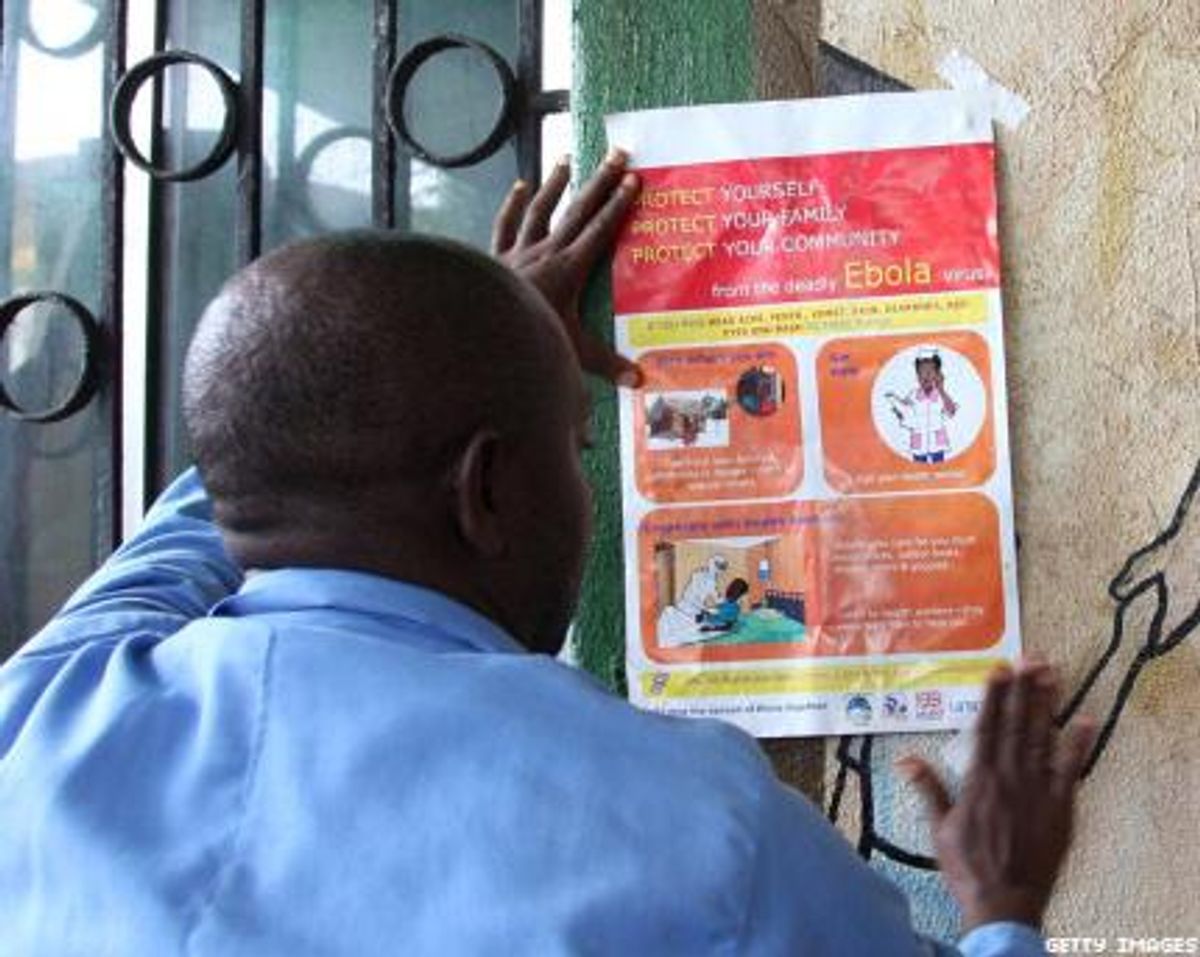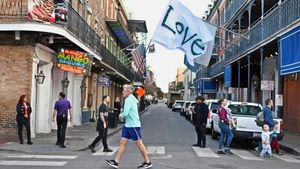The Center for Disease Control and Prevention issued a heightened travel warning Thursday to American travelers headed to Liberia, Sierra Leone, and Guinea.
The CDC upgraded the traveling warning for the three African countries hardest hit by an Ebola outbreak, according to the CDC website. The level-three travel warning urges U.S. resident to “avoid nonessential travel” to the African countries. There has been no travel warnings issued for Nigeria where a Liberian man died of Ebola following a flight from Liberia to Lagos, according to Time.
“This is the biggest and most complex Ebola outbreak in history. Far too many lives have been lost already,” said CDC Director Tom Frieden, M.D., M.P.H., in a CDC press release. “It will take many months, and it won’t be easy, but Ebola can be stopped. We know what needs to be done. CDC is surging our response, sending 50 additional disease control experts to the region in the next 30 days.”
The death toll for the outbreak grew to 729 as of July 27, according to the World Health Organization, which reported 339 deaths from Guinea, 156 deaths from Liberia, one death in Nigeria, and 233 deaths in Sierra Leone. Between July 24 and 27 there were 57 new deaths and 122 new cases diagnosed within the three countries.
Sierra Leone’s President Ernest Bai Koroma made a statement to the country calling for a public health emergency to “enable us take a mote robust approach to deal with the Ebola outbreak.”
President Koroma also said he canceled his trip to the U.S.-Africa Summit and will be meeting with the Heads of State of the Mano River Union in Conakry, Guinea “to discuss our sub-regional strategies to defeat the disease,” according to State House: The Republic of Sierra Leone.
This is the deadliest outbreak of Ebola, which was discovered in 1976 in the Democratic Republic of Congo near the Ebola River, according to Health24. Transmission of the deadly disease comes from direct contact with bodily fluids, such as blood, saliva, semen, or mucus, of infected animals or people.
















































































